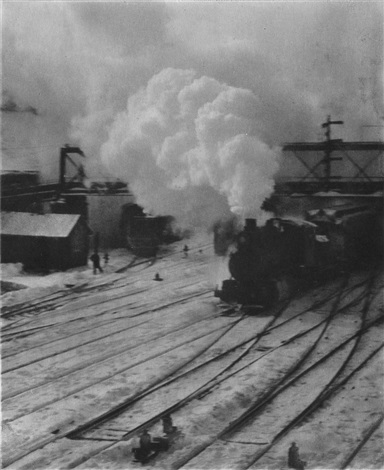
Do they follow specific design patterns? Are there specific data structures that are common as the primary input and output? For example, there is a very active R community around spatial data analysis ( ) that has successfully self-organised to promote greater consistency across packages with different maintainers. If your work falls into a well-defined domain, educate yourself about the existing R packages, even if you’ve resolved to create your own package. In this case, it may make sense for you to develop your own implementation or to write wrapper functions that smooth over the sharp edges. A package may technically do what you need, but perhaps it’s very unergonomic for your use case.

It’s also valid to evaluate the suitability of existing tools on the basis of user interface, defaults, and edge case behaviour. If you’re only allowed to work on things that have never been touched, you’re likely looking at problems that are either very obscure or very difficult. The way experts got that way is by actually building things, often very basic things, and you deserve the same chance to learn by tinkering. But there are plenty of good reasons to make your own package, even if there is relevant prior work. If you are looking for ways to increase your R mastery, you should still educate yourself about the landscape. Silge, Nash, and Graves organized a survey and sessions around this at useR! 2017 and their write up for the R Journal ( Silge, Nash, and Graves 2018) provides a comprehensive roundup of resources. If all you care about is the existence of a product, then your main goal is to navigate the space of existing packages. Process: greater mastery of R will make you more effective in your work.Product: your life will be better when this functionality is implemented formally, in a package.


How should you decide whether something is package-worthy? There’s no definitive answer, but it’s helpful to appreciate at least two types of payoff: Many packages are born out of one person’s frustration at some common task that should be easier. 4.1 Create a package 4.1.1 Survey the existing landscape Having peeked under the hood of R packages and libraries in Chapter 3, here we provide the basic workflows for creating a package and moving it through the different states that come up during development.


 0 kommentar(er)
0 kommentar(er)
